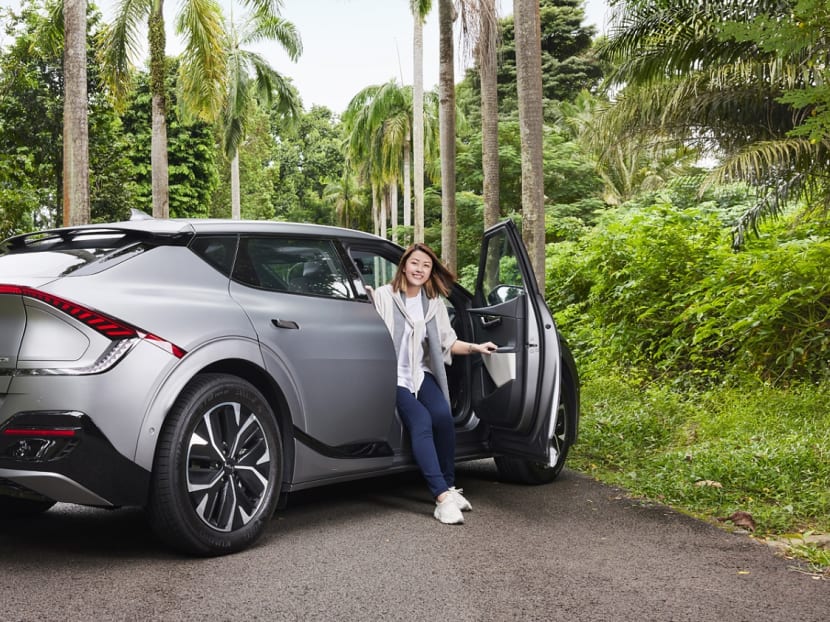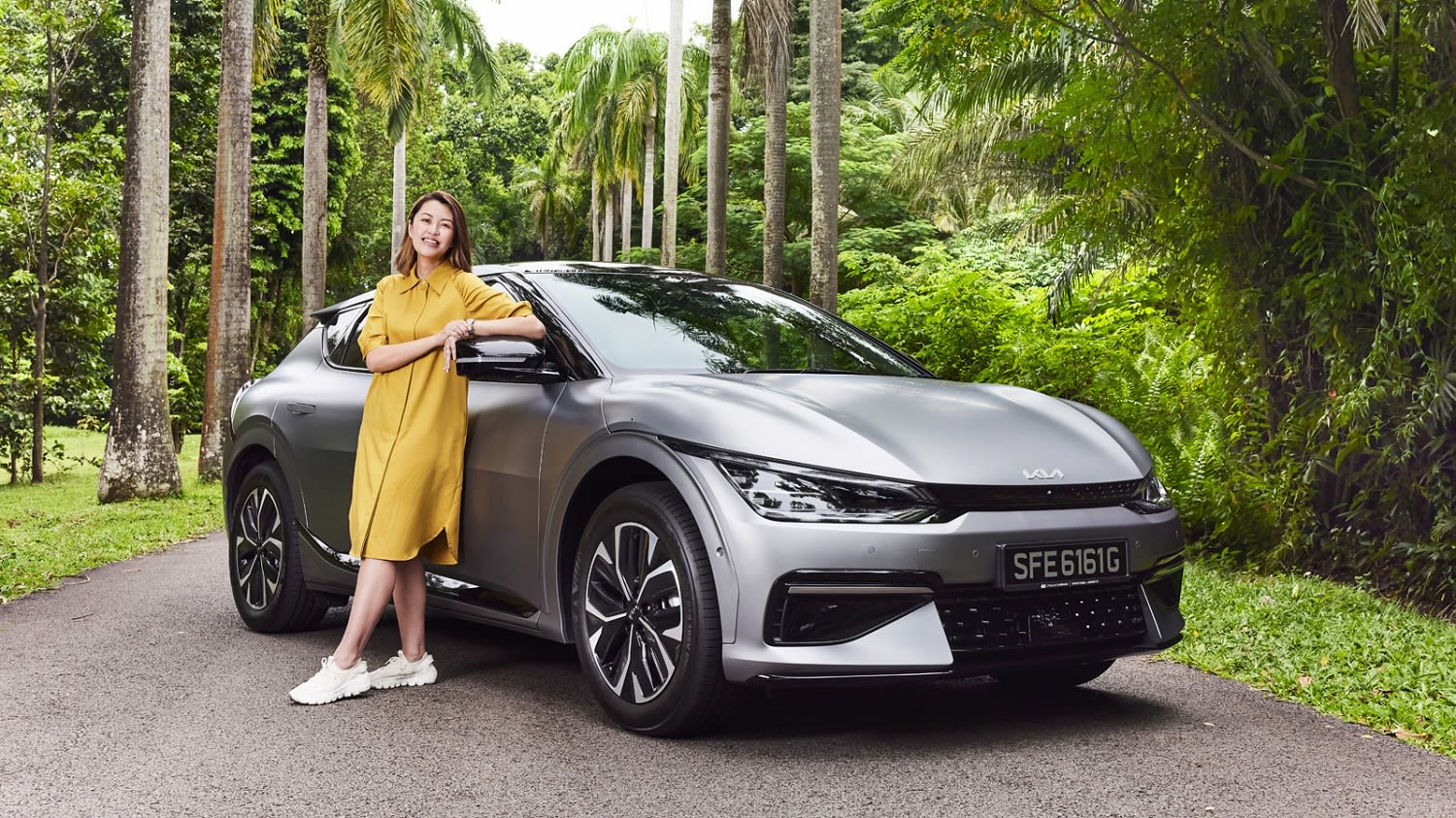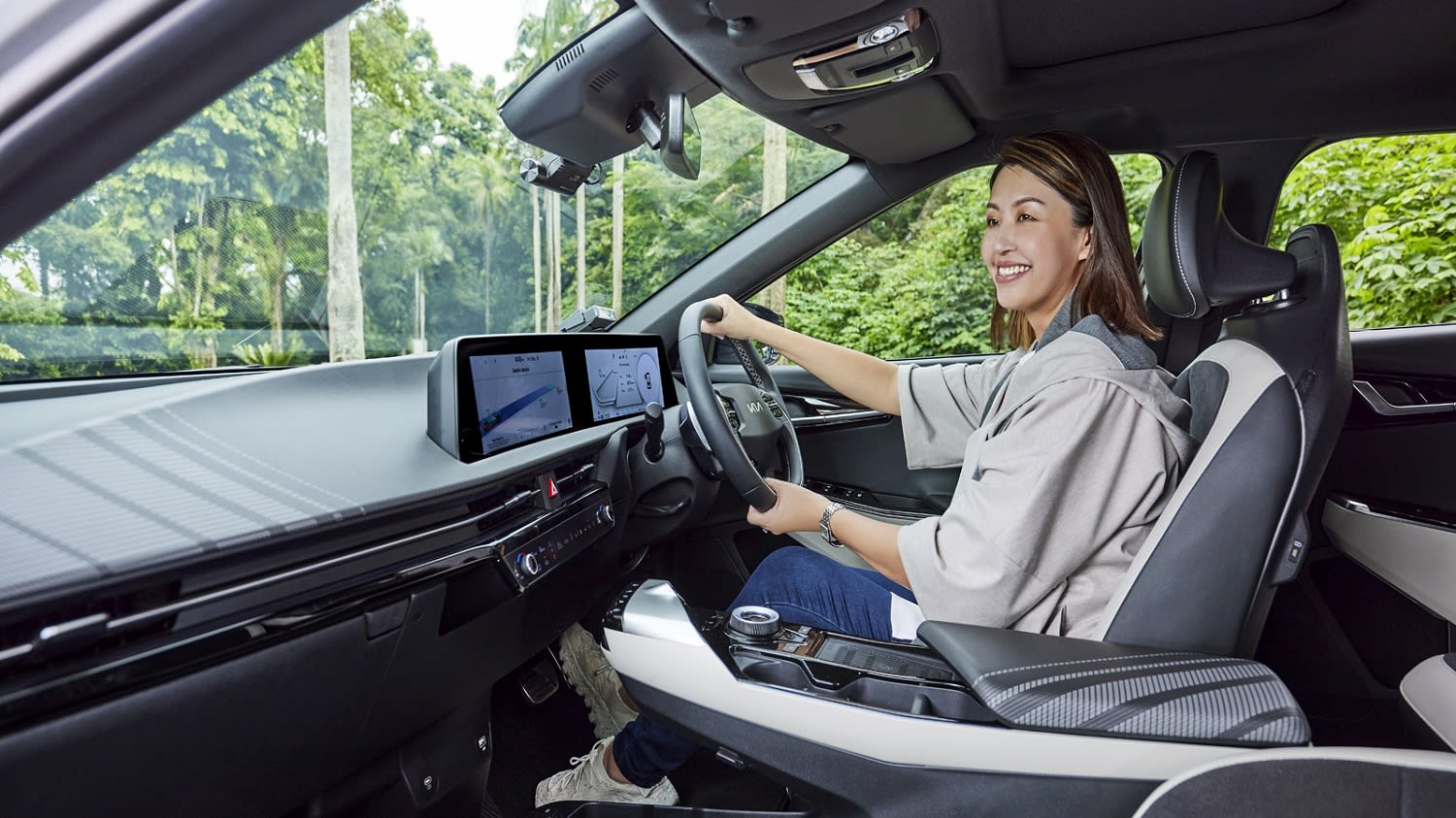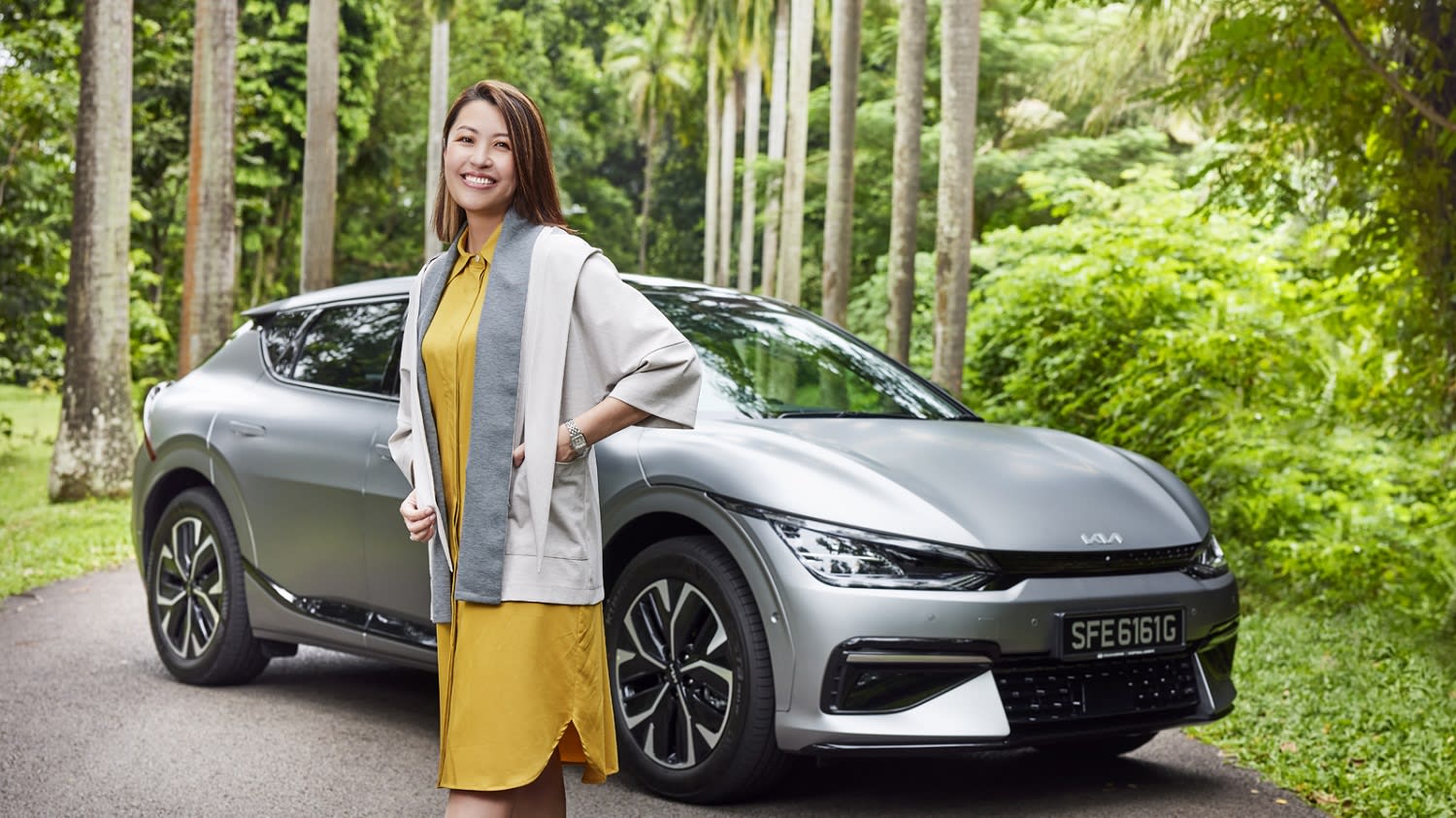How this fashion entrepreneur took the sustainable route to a more fulfilling life
Homegrown label Little Match Girl’s founder Angis Tiew decided to stop chasing profits and embraced happiness instead.

Ms Angis Tiew and her husband relaunched Little Match Girl as a sustainable label after realising the impact fast-fashion made on the environment. Photos: Mediacorp Studio 3
Motherhood can change a person, but can it help to change the world? If fashion entrepreneur Angis Tiew’s story is anything to go by, it can indeed make a big difference.
In 2018, the founder of homegrown label Little Match Girl realised that the fast-fashion items her company was producing were a problem for the environment. Fast-fashion refers to affordably priced, stylish clothing that moves quickly from the catwalk to stores. The industry is notoriously pollutive and resource-hungry, and according to the Earth Day movement, its products usually end up in landfills.
PERSONAL FULFILMENT THROUGH CORPORATE REINVENTION

But Ms Tiew’s gradual journey on the road to sustainability had begun in 2011, with the birth of her son. “One day, I read an article and realised how much the fashion industry contributed to pollution,” she told CNA Lifestyle this year. “While I was trying to be the best mother, I was creating an unhealthy Mother Earth for my son.”
In 2019 she relaunched Little Match Girl as a sustainable fashion label. The business is much smaller and considerably less profitable than it was at its peak. But its founder is far happier.
“After beginning this sustainable journey, I realised that what I truly need is so much less (than before),” Ms Tiew said.
Ms Tiew even re-examined the basic impulse that many loving parents have, to build a financial cushion for their child. Instead, she found it more meaningful to impart her values to her son.
SUSTAINANABLE LIFE, SUSTAINABLE PRODUCTS

Ms Tiew now ensures that Little Match Girl’s products are sourced from environmentally friendly materials. For instance, the company uses Tencel, a fabric made from sustainably grown wood.
This approach works just as well in other industries, such as the automotive sector. Kia Corporation searches for materials that are eco-friendly to produce and dispose of. They set up the Kia Sustainable Materials Research Institute to ensure that the environmentally friendly materials used in Kia vehicles meet safety and quality standards.
The Kia EV6, a zero-emissions full-electric premium crossover SUV, is an example of a car that offers exhilarating performance, award-winning design, and more importantly, features materials that are sympathetic to the environment. Its cabin upholstery uses a vegan substitute to natural leather while the interior’s cloth and matting are made from used plastic bottles that are spun into yarn.
While switching to an electric car is a way to reduce one’s carbon footprint significantly, Ms Tiew pointed out that there are small steps anyone can do to make a difference. One example? She and her husband bring their own food containers around, so that packing lunch from the hawker centre near the Little Match Girl boutique on Amoy Street doesn’t generate plastic waste.

Ms Tiew also realised that switching to reusable food containers would be more meaningful if she also cleaned them more sustainably. “When you wash your container, the detergent creates pollution,” she said. “While you are trying to stop plastic pollution, you end up polluting the water, so I’ve switched to using biodegradable detergent. I’m finding ways to reduce my impact on the environment in my daily life by making these small changes.”
Making small changes daily is an authentic approach to sustainability means constantly taking stock of one’s impact on the planet. Kia has completed a Life Cycle Assessment of the EV6 to actively monitor emissions during the vehicle’s full operating life. It also evaluates the raw materials, production processes, parts, disposal and end-of-life recycling of the car to minimise its total environmental impact.
An electric car like the Kia EV6 is one way for an individual to reduce his or her carbon footprint in a realistic way. If nothing else, Ms Tiew’s example also shows that living a sustainable life is about subtracting the unnecessary, and that doing so can be rewarding. “The less I feel I need, the happier I am,” she said.
Find out more about how Kia makes motoring more sustainable.






